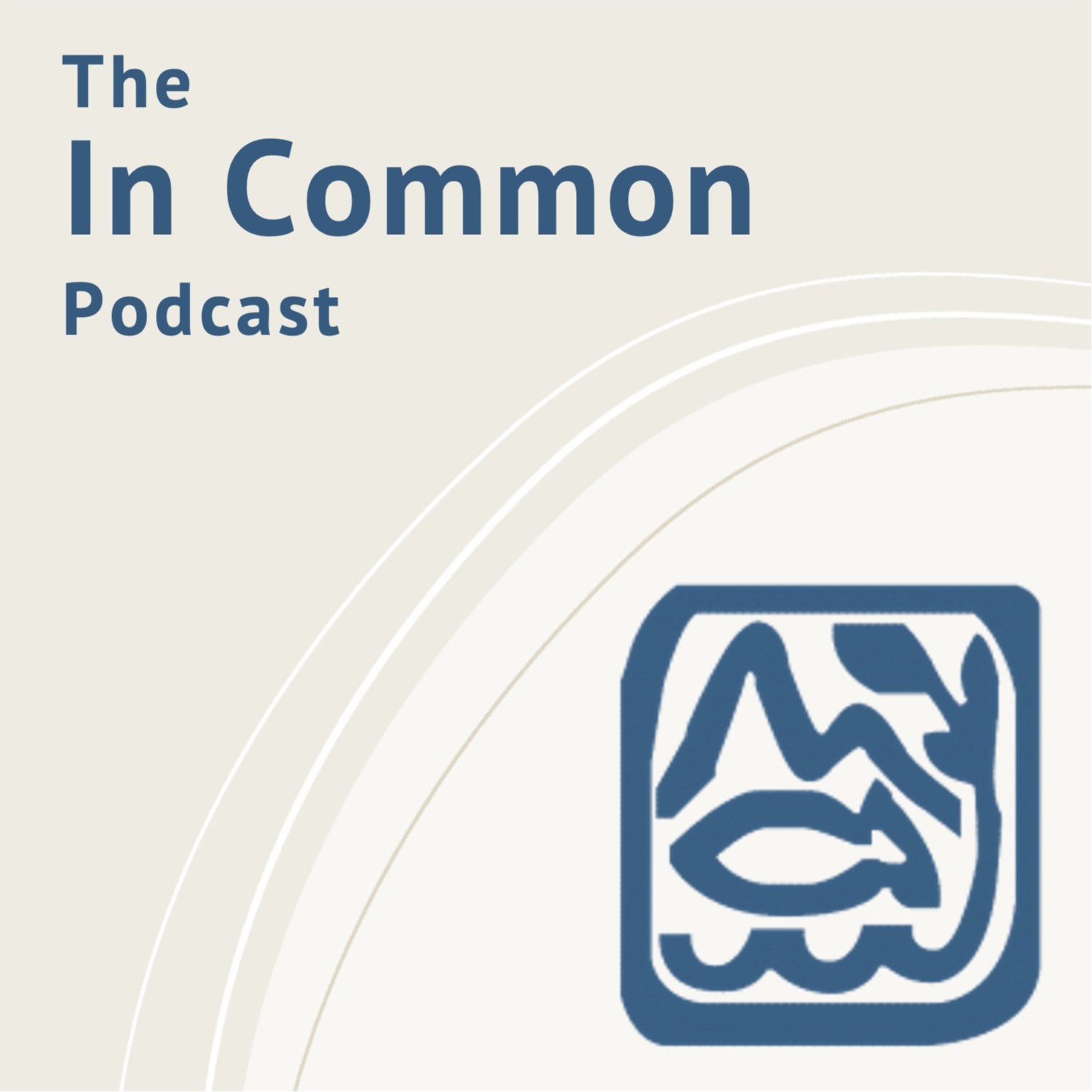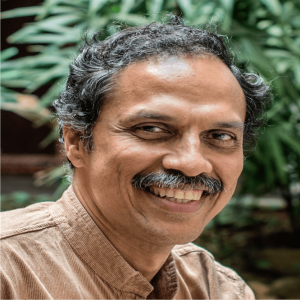
102K
Downloads
237
Episodes
In Common explores the connections between humans, their environment and each other through stories told by scholars and practitioners. In-depth interviews and methods webinars explore interdisciplinary and transdisciplinary work on commons governance, conservation and development, social-ecological resilience, and sustainability.
Episodes

Monday Sep 19, 2022
104: Creating Knowledge for Change with Sharachchandra Lele
Monday Sep 19, 2022
Monday Sep 19, 2022
In this episode, Divya speaks with Sharachchandra or Sharad Lele, Distinguished Fellow in Environmental Policy and Governance at ATREE (Ashoka Trust for Research in Ecology and the Environment) in Bangalore, India. They discuss two of Sharad’s books, “Democratizing Forest Governance in India” which he co-edited with Ajit Menon, and his other book titled “Rethinking Environmentalism: Linking Justice, Sustainability and Diversity,” which he co-edited with Eduardo Brondizio, John Bryne, Georgina Mace, and Joan Martinez-Alier. Divya and Sharad use the discussion on the books as a way to unpack some of the fundamental questions like why are rights necessary, what is the meaning of democracy, and what is the role of state in the current context. They also talk about colonialism and its imprints on forest governance in postcolonial India. Sharad argues that, in the context of India, a country that has been traditionally hierarchical and where the state or the federal agency has all the powers, there are still colonial structures that are embedded in the system that reinforces those hierarchies. He suggests that recognizing citizens’ rights and their ability to exercise them fully is one way to break away from colonial and hierarchical mindsets.
Towards the end, Sharad shares that the commons is an arena with enormous scope for interdisciplinary work, yet academia and its various disciplines tend to fragment those spaces. He suggests that people working on the commons need to be alert to such tendencies and break away from the confines of a discipline by continuously asking how and in what ways their work can produce knowledge for meaningful change.
References:
Sharad’s bio: https://www.atree.org/users/dr-sharachchandra-lele
1. Agarwal, Anil, and Sunita Narain. "State of India's environment, 1984-85. The Second Citizens' report." (1985).
2. Lélé, Sharachchandra M. "Sustainable development: a critical review." World development 19.6 (1991): 607-621.
3. Lélé, Sharachchandra, and Richard B. Norgaard. "Sustainability and the scientist’s burden." Conservation biology 10.2 (1996): 354-365.
4. Lele, Sharachchandra Madhukar, and Ajit Menon, eds. Democratizing forest governance in India. New Delhi: Oxford University Press, 2014.
5. Lele, Sharachchandra, et al., eds. Rethinking environmentalism: Linking justice, sustainability, and diversity. Vol. 23. MIT Press, 2019.
6. Lélé, Sharachchandra, and Richard B. Norgaard. "Practicing interdisciplinarity." BioScience 55.11 (2005): 967-975.
7. Wutich, A., Cardenas, J. C., Lele, S., Pahl-Wostl, C., Rauschmayer, F., Schleyer, C., ... & Zwarteveen, M. Integrating Sustainability, Justice, and Diversity?.
8. Lele, Sharachchandra, et al. "Adapting to climate change in rapidly urbanizing river basins: insights from a multiple-concerns, multiple-stressors, and multi-level approach." Water International 43.2 (2018): 281-304.

No comments yet. Be the first to say something!